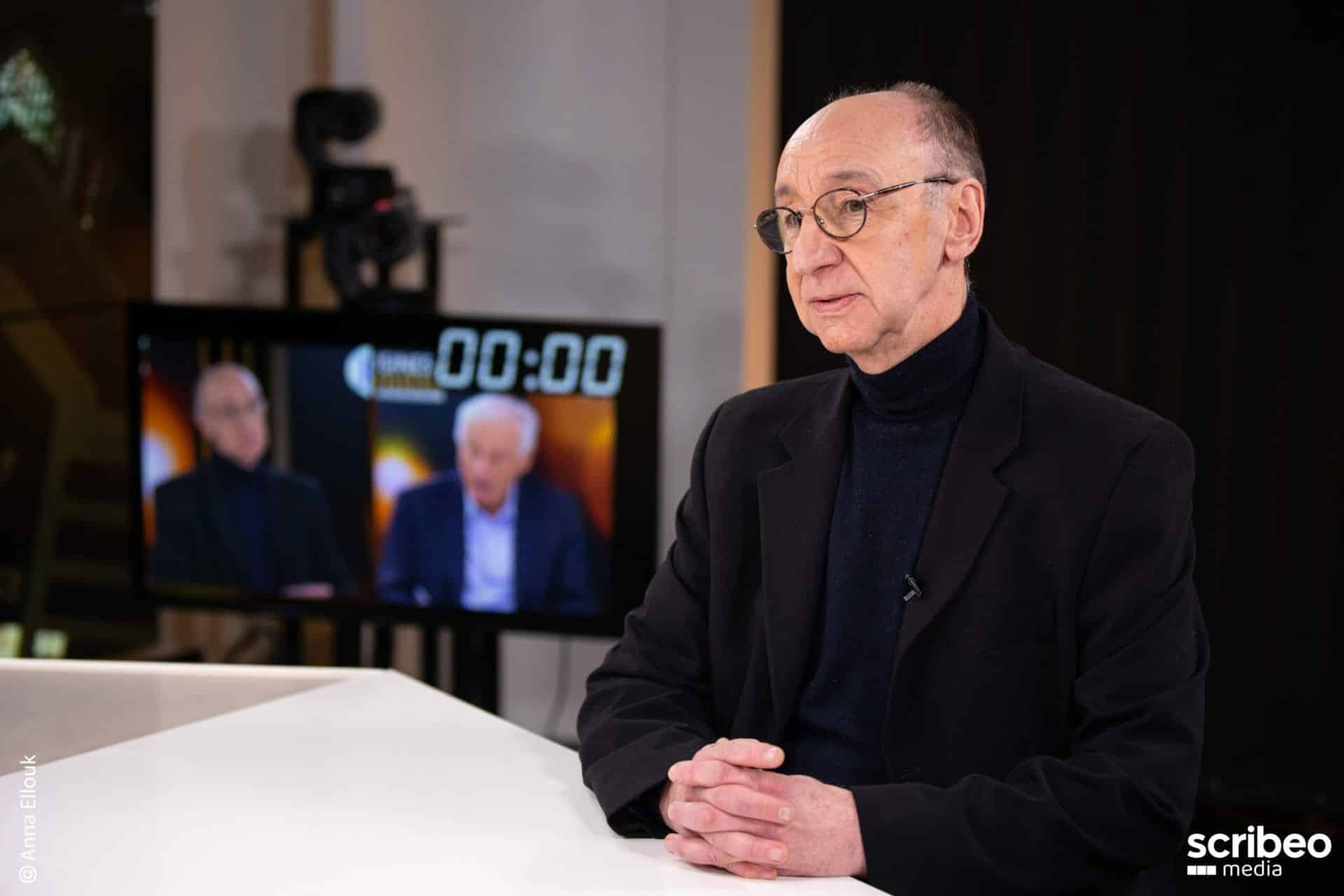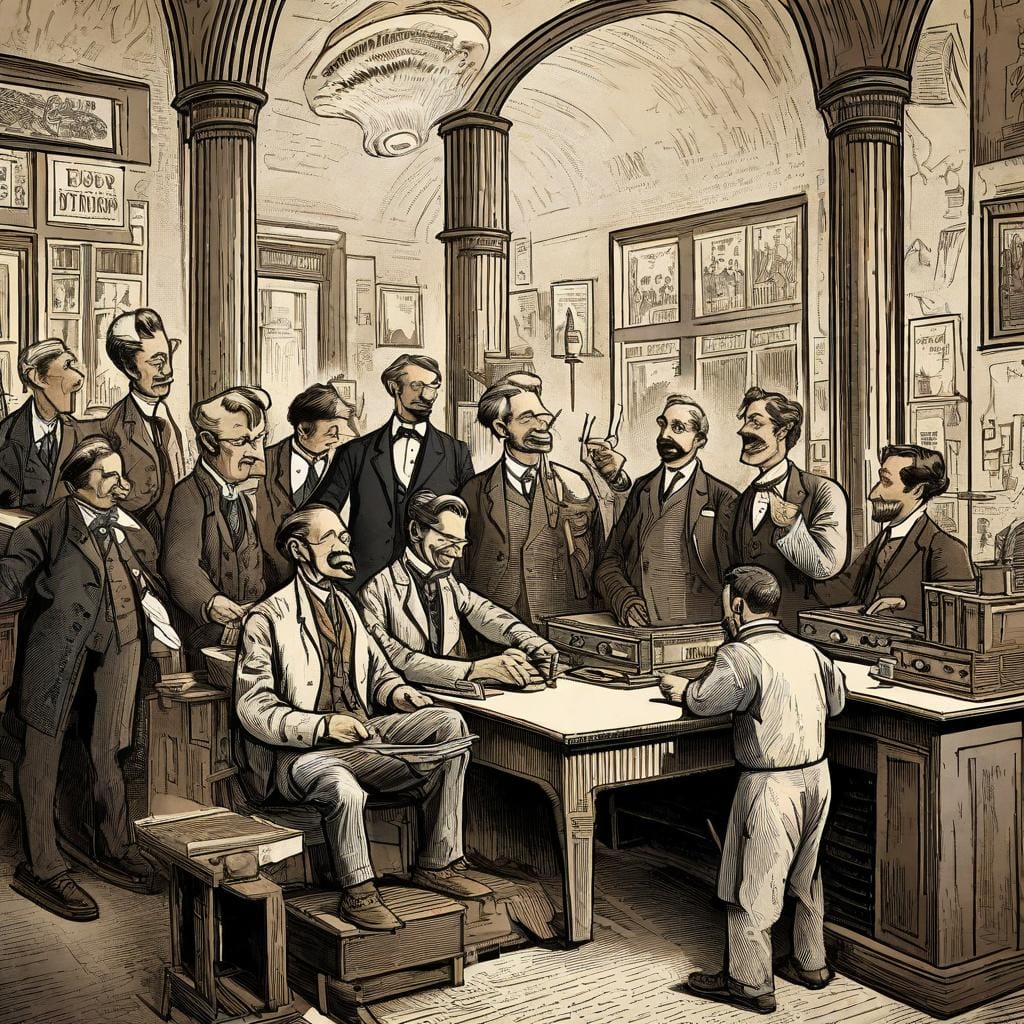Editorial-3
Dentistry at the Crossroads:
Politics or Patient, Which Path Should You Choose?

Introduction:
The world of dentistry, once a field exclusively focused on well-being and oral health, faces a major challenge: the growing influence of politics, orchestrated by unions and the National Order. This development, marking a shift in priorities from the needs of patients to the preservation of political and professional interests, is causing growing concern. It calls into question the future of dental care and, more broadly, the quality of life of patients.
First Point - Politics in Dentistry:
Unions and the National Order, once guarantors of the quality of care, now seem more focused on retaining their influence and power. This political orientation leads to a disproportionate distribution of resources, favoring lobbying initiatives to the detriment of investment in research and innovation. As a result, the profession risks stagnating, depriving patients of the benefits of innovative techniques and treatments.
Historically, dental unions and the National Order have played a crucial role in defending the interests of dentists and promoting standards of care. However, recent years have seen a notable change. These organizations are now focused on consolidating their political power and influence, often at the expense of advances in dental care. This dynamic results in an allocation of resources oriented towards lobbying initiatives, leaving innovation and research in the background. Thus, key opportunities to improve dental care, such as the development of new diagnostic technologies or less invasive treatments, may be overlooked.
Second Point - Impact on Training and Practice:
This focus on politics also affects the continuing education of dentists. Instead of promoting evidence-based practices and technological advances, there is a risk that training programs become conduits for political agendas. This situation could harm the quality of care, as clinical practices fail to keep pace with scientific and technological developments.
The focus on politics also affects dental education and practice. Continuing education programs, essential to keeping dentists at the forefront of technology and best practices, are at risk of being influenced by political interests. This phenomenon can lead to a delay in the adoption of new methods and technologies, thereby preventing dentists from providing the most effective and advanced care to their patients.
Third Point - Future Vision and Risks of Degradation:
The future of dentistry, shaped by current trends, faces significant risks of degradation if politics continues to take precedence over clinical practice. This development could lead to a series of harmful consequences, not only for the profession itself, but also for the overall health of the population.
- Delay in the Adoption of New Technologies and Practices: Historically, dentistry has progressed through constant innovation, whether new materials, techniques or technologies. However, in a climate where politics dominates, the adoption of these innovations may be delayed. For example, promising techniques like advanced 3D imaging or regenerative dentistry could take longer to be integrated into routine practices, thereby limiting patient access to cutting-edge care.
- Decline in Quality of Care:
Excessive focus on political issues can distract from standards of care and professional ethics. This can lead to a more transactional approach to dental care, where patients' needs and experiences are no longer the priority. Such a decline may result in an increase in inadequate treatments, misdiagnoses or unnecessary interventions, compromising the oral health of patients. - Impact on Public Health:
The implications of this development extend beyond the dental office. Oral health plays a crucial role in overall health. Untreated or poorly managed dental problems can lead to serious complications, such as infections, cardiovascular disease and impact on quality of life. A dental profession distracted by politics risks neglecting its role in preventing and treating these problems, thereby affecting public health as a whole. - **Crisis of Confidence
:** Perhaps most worrying is the potential impact on public confidence in the dental profession. Trust is a central pillar of any patient-practitioner relationship. If the public perceives that political interests take precedence over the needs of patients, this can erode trust in dental professionals. This distrust can lead to a reluctance to seek necessary dental care, thereby worsening oral health problems and creating a vicious cycle of neglect and disease.
- Economic Consequences:
On the economic level, this orientation could also have implications. Dental care costs could rise due to reduced efficiency, stagnant innovation, and an increase in unnecessary or redundant treatments. This can make dental care inaccessible to a larger portion of the population, widening the health inequality gap and exacerbating public health problems. - Challenge for New Professionals:
New practitioners entering the field may find themselves facing an ethical and professional dilemma. They may be forced to navigate an environment where politics and power plays predominate, which could distract them from their primary goal of providing quality, patient-centered care.
Fourth Point - Hope for Change:
Denturists Face Political Challenges
Contemporary dentistry is observing the emergence of a new category of professionals: denturists. These specialists, focused on the design, manufacture and fitting of dental prostheses, make a significant contribution to the dental care sector, particularly for patients requiring prosthetic solutions. However, their integration encounters resistance, mainly due to political dynamics within the unions and the dental order.
Crucial and Innovative Role of Denturists:
Denturists represent a major advance in the personalization of dental care. By specializing in prosthetics, they meet an essential need, improving not only aesthetics but also functionality for patients. Their use of advanced technologies such as CAD/CAM (Computer Aided Design and Manufacturing) and 3D printing is a testament to their innovative approach.
Opposition of the Unions and the Dental Order:
Despite their undeniable added value, denturists face significant obstacles. Unions and the dental profession, often committed to protecting their established interests, see the arrival of denturists as a potential threat to their status quo. This resistance is largely fueled by political considerations, where the preservation of power and influence takes precedence over the adoption of new practices that can improve patient care.
The Importance of a Patient-Centered Vision:
This situation highlights a deeper problem within dentistry: a conflict between the profession's natural evolution toward greater innovation and specialization, and entrenched political interests. To overcome these challenges, it is essential to adopt a more patient-centered view, recognizing that the input of denturists is not only beneficial, but necessary to meet diverse dental care needs.
Conclusion:
The successful integration of denturists into the dental landscape requires a questioning of current practices and an openness to innovation. By overcoming political barriers and recognizing the value of denturists, the dental sector can take a giant step towards a more inclusive, modern and patient-centered practice. This not only marks progress for the profession, but also for the quality of care offered to patients.
General conclusion :
As the dental sector finds itself at a critical crossroads, facing internal challenges and complex political dynamics, the emergence of denturists symbolizes the potential for significant change. These new professionals bring not only specialized technical skills but also a refreshing perspective focused on patient needs. Their struggle for full recognition in an environment often resistant to change is emblematic of the current tensions within the profession.
The opposition encountered by denturists from unions and the dental order reflects a broader problem: the tendency of established institutions to favor the preservation of the state of things to the detriment of innovation and progress. This situation raises critical questions about the future of dentistry and how the profession must evolve to remain relevant, effective, and true to its primary mission of serving the well-being of patients.
To navigate a bright future, dentistry must embrace change and recognize the value of innovative approaches such as those brought by denturists. This means breaking through political barriers and reprioritizing so that innovation and improved patient care are at the forefront. By fully integrating denturists and valuing their contribution, the dental sector can take an important step towards a more holistic, modern and patient-centered practice.
Ultimately, the future of dentistry will depend on its ability to adapt, innovate and consistently put patient needs at the heart of all decisions. By accepting and integrating positive changes, such as the emergence of denturists, the profession can not only respond to current challenges, but also chart a path toward a brighter future for dental care.
#denturist
#denturist



